Europe is incredibly diverse, with various cultures and customs across different countries. But there is one thing most people can agree on about the continent: it’s very different from the US. Many Americans have traveled to Europe and found themselves perplexed at different customs. And societal norms, and they’ve shared their experiences online.
Mind you, there are many things that are considered normal in the US that are weird for the rest of the world as well. But that’s the fun of traveling! You get to see the norms and lifestyles of other people, cracking open the narrow perception of our own lives. So, click through and enjoy all the things Americans find strange when they’re in Europe.
Lots of kissing

The cheek kisses instead of hugs or handshakes often take American travelers by surprise.
Eggs Kept at Room Temperature

In the US, eggs undergo a sterilization process against salmonella where they are washed and sprayed with a disinfectant that may remove the cuticle of the egg. So they’re kept in the fridge to limit bacteria coming into contact with the eggs. In Europe, farms vaccinate chickens against salmonella instead of washing the eggs, meaning the cuticle is intact.
Leaving Babies Outside (in Denmark)
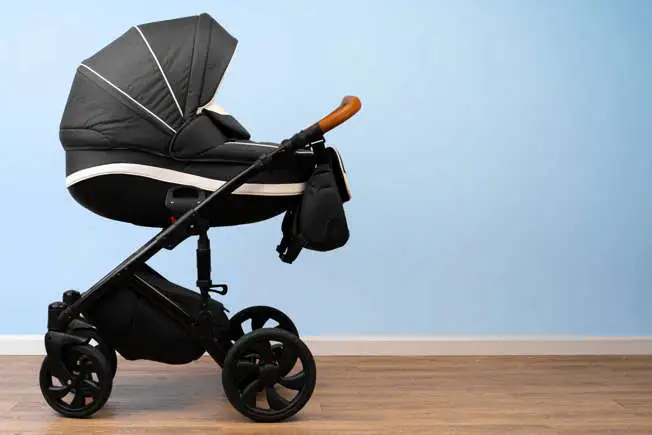
Parents often leave their babies outside in their strollers while they go into restaurants and shops in Denmark. It’s part of the culture, and there is no fear of anyone stealing your baby.
How Old Everything Is

If a building is from the 1800s in the US, it’s quite significant, but there is so much architecture in Europe dating far beyond the time when the US was even an idea.
Nudity

Many women in Europe aren’t afraid to take their tops off at the beach or pool, meanwhile public nudity is outlawed in many parts of America (which has shaped nudity to be something bad or embarrassing).
Laundry Machines In the Kitchen

Of course this varies across European countries, the reason being it was easier in days of less sophisticated plumbing to keep the things that needed water supply and drainage in the same space. But it’s certainly not common in the US
Lack of Air Conditioning

Both in homes and establishments, Americans are often surprised at the lack of air conditioning. And heating systems in Europe, where it’s more likely people have separate units for each season.
No Ice in the Water

You can get natural water or refrigerated water in Europe, but you won’t often see the ice cubes that Americans are used to.
Lack of Window Screens
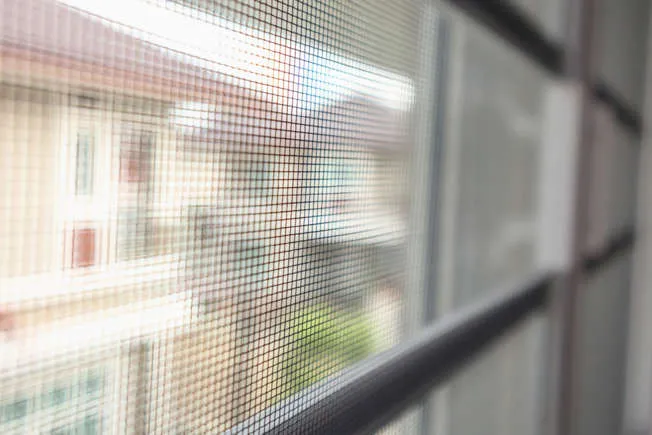
Americans are always surprised to see a window without a screen, just letting in all the bugs!
Paying to Use the Bathroom

In public spaces like train stations and shopping malls in some European countries, there can be a small fee to use the bathroom, which Americans aren’t usually fans of.
The Sheer Number of Cigarettes

On the whole, Europeans s m o k e way more than Americans, and there are still many places both indoors. And outdoors that you’re allowed to do so in Europe. There are butts all over the ground in some countries, like for example France.
So Many Kinds of Toilets
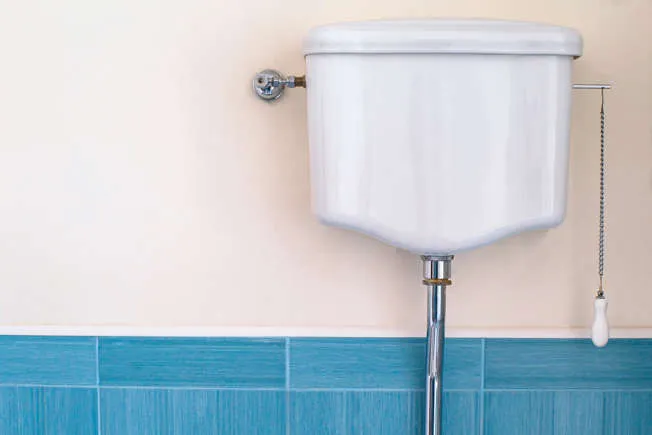
In the US, the toilets are all pretty much the same in that you sit on it and reach behind you to flush. In Europe, some toilets have a string to pull from the tank above to flush. Others have a button on the ground to press with your foot, and some are just fancy squatting holes.
Walking Everywhere
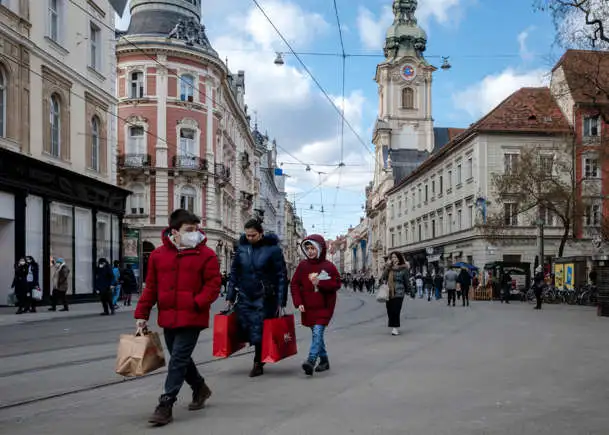
Things like local grocery stores tend to be in walking distance in many European cities. whereas many Americans are used to driving everywhere. There’s a focus on pedestrians that is all too rare in the US.
The Drinking Age

In most of Europe, the legal drinking age is 18, and in some places it’s even 16, which can come as a shock to Americans. who are used to the legal drinking age being 21.
Drinking in Public

Many parts of Europe also have a much more liberal stance on public drinking, as you’re allowed to bring alcohol onto the streets. which is generally not allowed in the US. You can also buy beer at places like movie theaters and McDonald’s!
Beer can be Cheaper Than Water

In some European cities, for example Prague, beer can be the more affordable option against even water.
Dining so Late
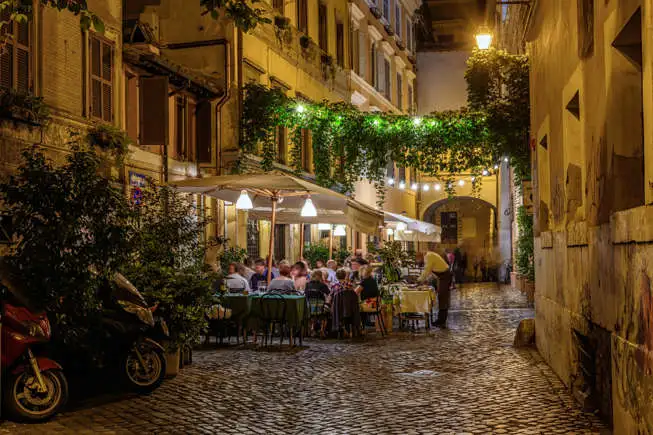
Many European countries, like Spain and Portugal, tend to have dinner much later than Americans are used to, sometimes starting around 9 pm.
Dining Out So Long
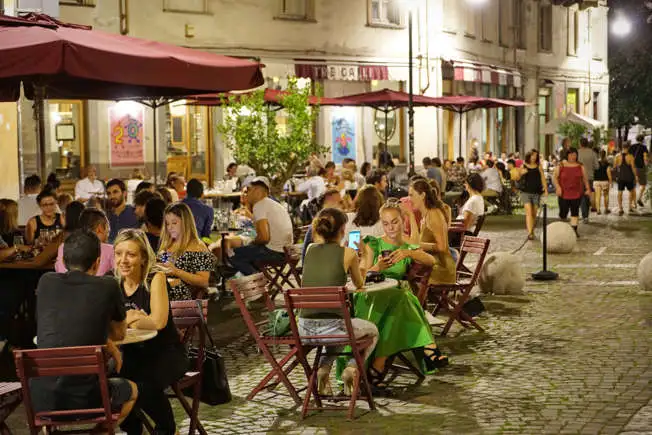
Dining in the US is often kept as quick as possible, with the waitstaff hurrying you out with the bill. Meanwhile, most Europeans enjoy slow dining, where a dinner is a whole event in itself.
Things being closed on Sundays and/or Mondays

It’s not all about making as much money as possible in Europe, as many shops are closed so that everyone can enjoy some rest.
Driving Etiquette
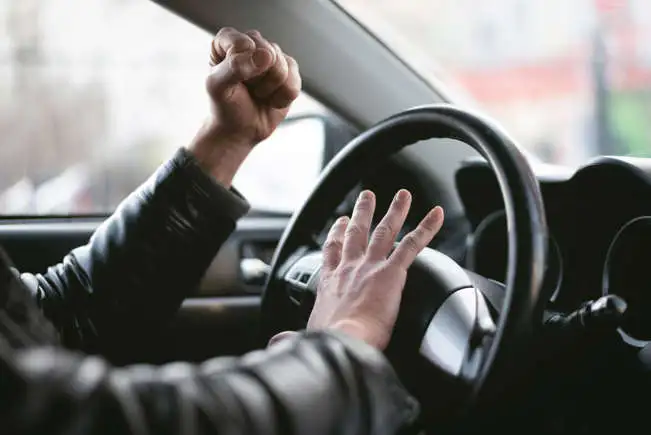
In some European countries, like Italy or Romania for example, the driving etiquette can be much different than the standardized rules in the US. From how much space is left between cars, to the amount of honking, to treating red lights as mere suggestions. it can be quite startling to an American behind the wheel.
People Speaking More Than One Language

Most people in Europe tend to be at least bilingual and foreign languages can be heard daily. But Americans have a bad reputation for only knowing English.
Things Being Exactly the Price That is Listed

While Americans are used to having a higher number appear at the cash register because of the added taxes. things in Europe are priced with their tax already included.
Siesta hours

Many restaurants, shops, and cafés in Europe close for a few hours in the middle of the day, usually opening again in the early evening.
Lack of 24hr Stores

In the US you can also usually count on finding some things open 24 hours. But that’s much harder to find in many European countries.
Well-connected Public Transit
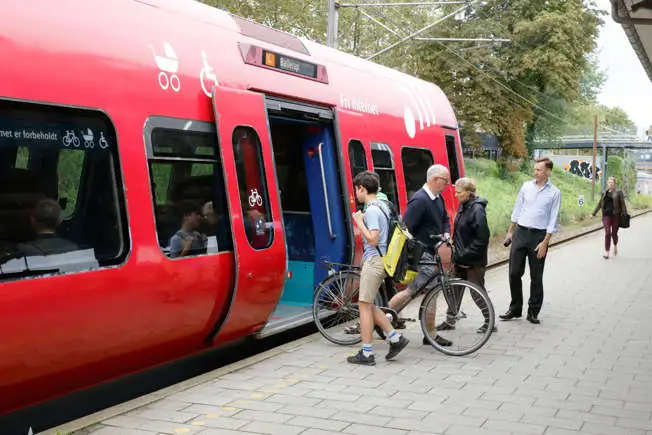
Americans are often surprised at the level of public transit and how they can travel to every major city by train.
Cash-only Payments

America has been quite quick to become a near-cashless country, but Europeans are used to carrying around cash with them. Because it’s more common to come across places that don’t accept cards than it is in the US.
How Seriously They Take Soccer

In European countries like Italy and Portugal, it can be overwhelming for Americans during soccer season, with people watching on the streets. And asking you with a threat in their voice who you’re rooting for!
People are Dressed up

Athleisure really hit it big in the US, where it’s not strange for most people to leave the house in sweats. It’s a much less common public outfit choice for people in Europe, however.
So Many Vacation Days

It can stir some envy when Americans hear about or meet Europeans who typically have way more vacation days than them. It can also be annoying to travel to some European places in August. when many Europeans are closing up their establishments to take their vacations.

